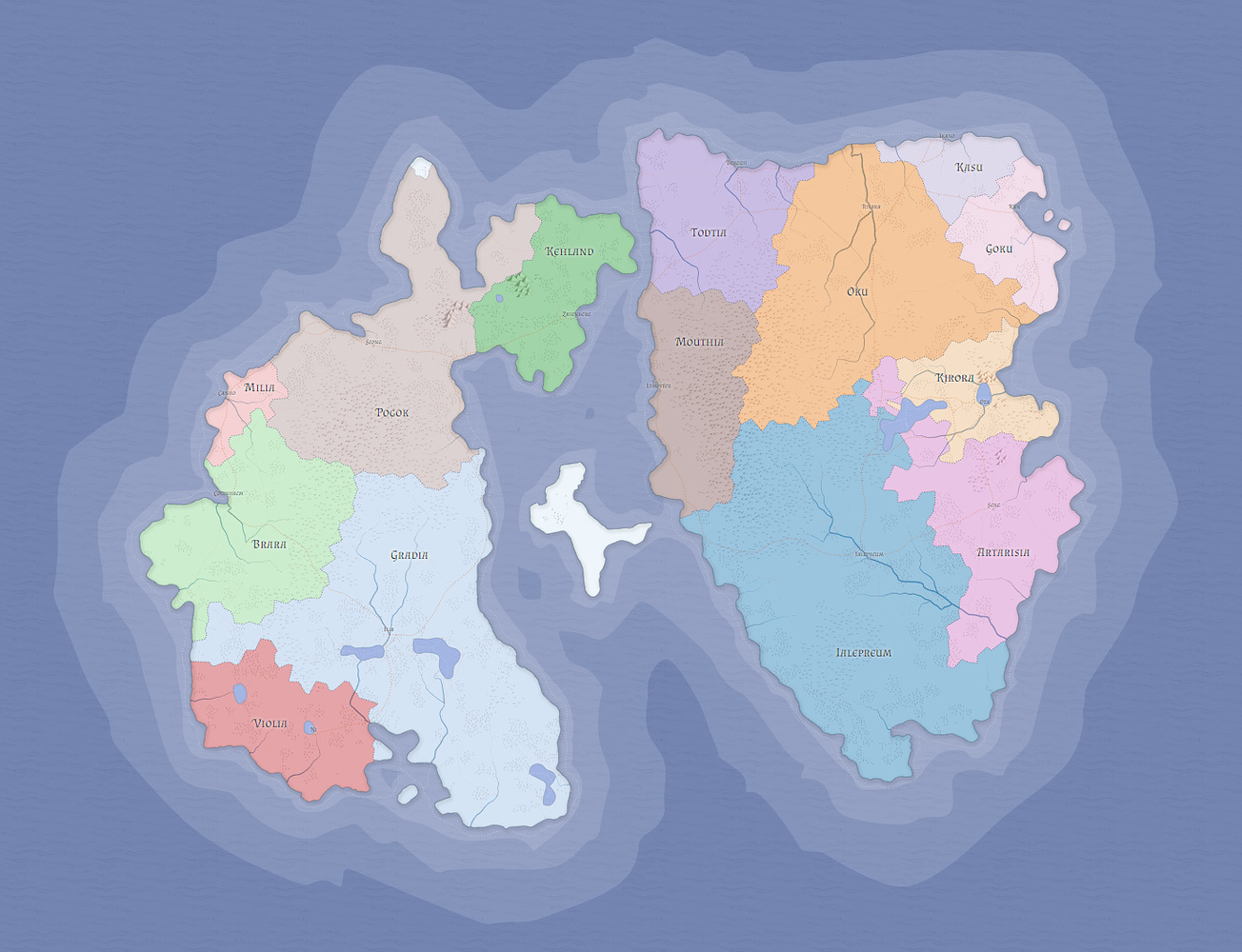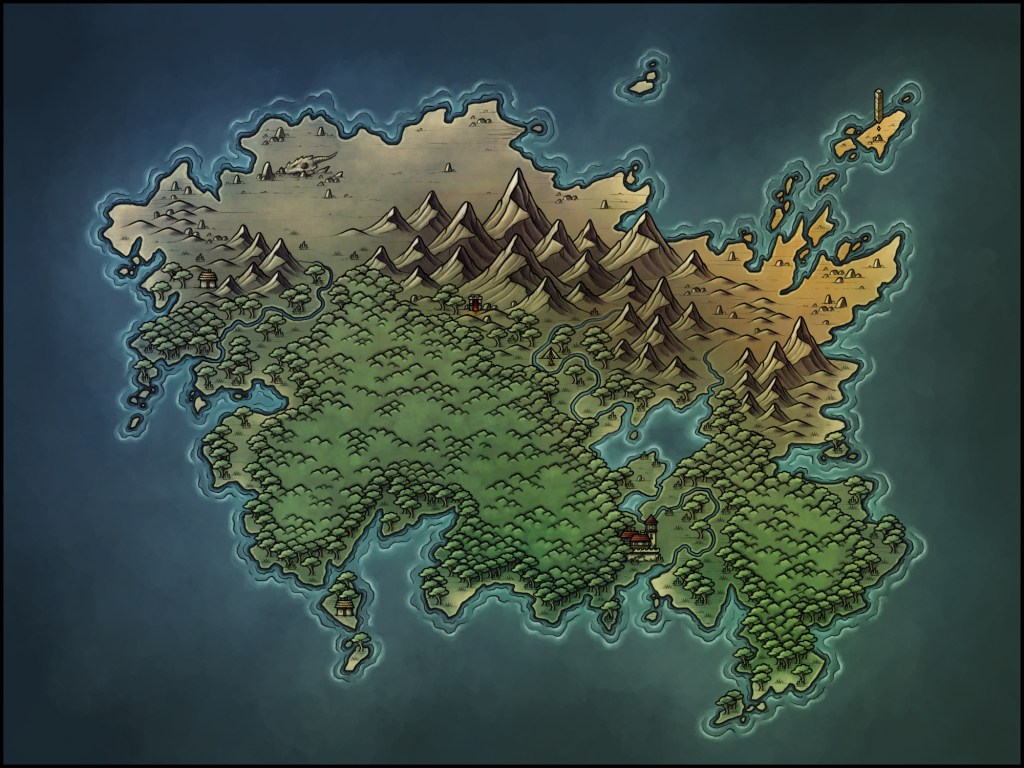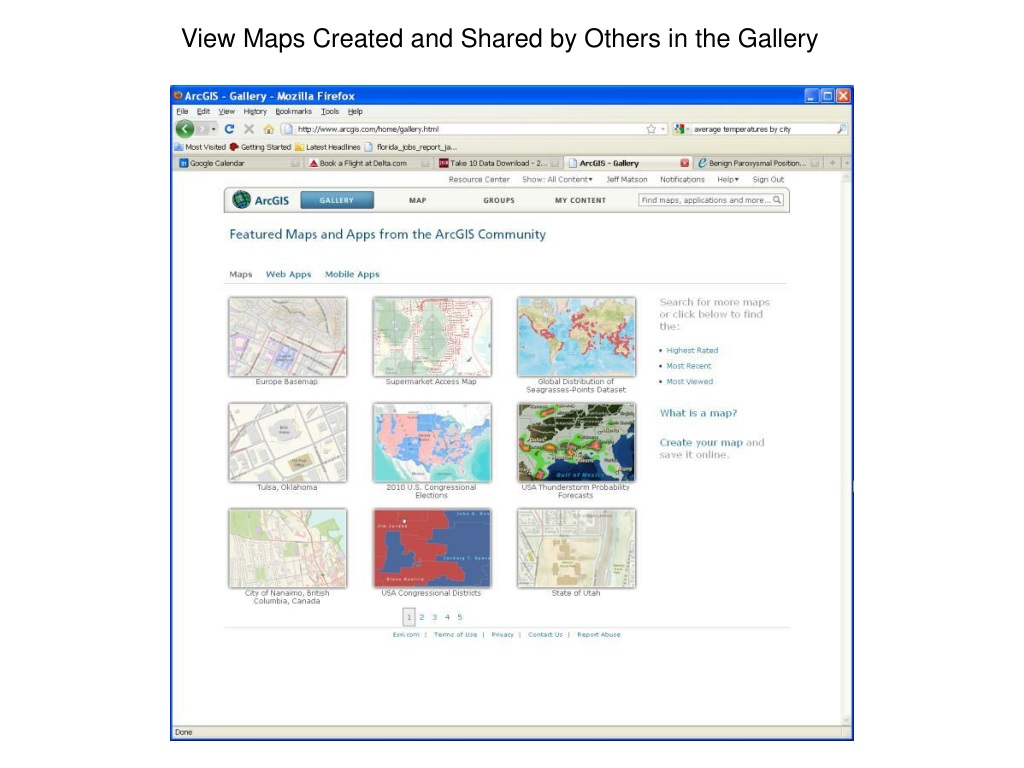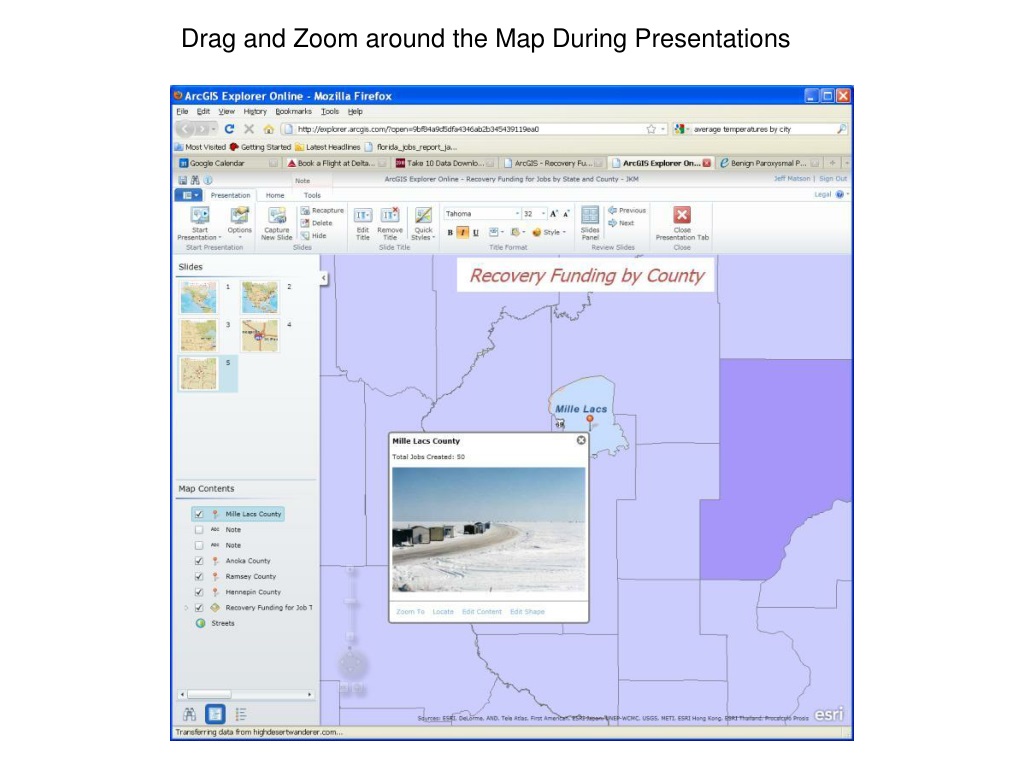The Power of Free Map Creation: A Guide to Royalty-Free Resources
Related Articles: The Power of Free Map Creation: A Guide to Royalty-Free Resources
Introduction
With great pleasure, we will explore the intriguing topic related to The Power of Free Map Creation: A Guide to Royalty-Free Resources. Let’s weave interesting information and offer fresh perspectives to the readers.
Table of Content
The Power of Free Map Creation: A Guide to Royalty-Free Resources

In a world increasingly reliant on visual information, the ability to create and share maps has become essential. From educators illustrating historical events to businesses showcasing their locations, maps provide a powerful and intuitive way to communicate complex data. However, navigating the world of map creation can be daunting, particularly when considering licensing restrictions. This is where the concept of "royalty-free" map resources comes into play, offering a valuable solution for individuals and organizations seeking to utilize maps without incurring ongoing licensing fees.
Understanding Royalty-Free Maps
Royalty-free maps, unlike those with restrictive licenses, grant users the freedom to use, modify, and distribute the map without paying additional fees for each use. This freedom is particularly beneficial for:
- Businesses: Marketing materials, website design, and promotional campaigns can all benefit from the use of maps. Royalty-free resources allow businesses to incorporate maps without incurring significant costs.
- Educators: Teaching materials, presentations, and online learning platforms can be enhanced by incorporating visually appealing maps. Royalty-free options make this process more accessible and cost-effective.
- Individuals: Personal projects, websites, and creative endeavors can all be enriched by the use of maps. Royalty-free resources enable individuals to express their ideas without financial limitations.
Types of Royalty-Free Map Resources
The world of royalty-free map resources is diverse, offering a range of options to suit various needs:
- Vector Map Libraries: These libraries provide a collection of vector-based maps, typically in formats like SVG or AI. Vector maps are scalable without loss of quality, making them ideal for high-resolution printing and digital displays.
- Raster Map Libraries: These libraries offer a collection of raster-based maps, usually in formats like PNG or JPG. Raster maps are best suited for web use or low-resolution printing.
- OpenStreetMap Data: OpenStreetMap (OSM) is a collaborative project that creates and maintains open-source map data. This data can be downloaded and used for various purposes, including creating custom maps.
- Online Map Creation Tools: Several online tools allow users to create their own maps from scratch or by customizing existing templates. These tools often offer a range of features, including the ability to add markers, lines, and labels.
Benefits of Using Royalty-Free Maps
The use of royalty-free maps offers numerous benefits:
- Cost-Effectiveness: Royalty-free resources eliminate the need for ongoing licensing fees, making map creation more affordable.
- Flexibility: Users can modify and adapt maps to fit their specific needs without limitations.
- Accessibility: A wide range of royalty-free resources are available online, making map creation accessible to everyone.
- Transparency: Royalty-free resources are often accompanied by clear licensing terms, ensuring users understand their rights and obligations.
Choosing the Right Royalty-Free Map Resources
Selecting the appropriate royalty-free map resources depends on the specific requirements of the project:
- Project Scope: Consider the scale and complexity of the project. For large-scale projects, high-resolution vector maps might be necessary.
- Intended Use: Determine how the map will be used. If it’s for web use, a raster map might suffice.
- Customization Needs: If significant customization is required, a vector map or an online map creation tool might be preferable.
- Data Accuracy: Ensure the map data is accurate and up-to-date, especially for projects requiring precise location information.
Frequently Asked Questions (FAQs)
Q: What is the difference between royalty-free and public domain maps?
A: Royalty-free maps are protected by copyright but allow users to use them without ongoing fees. Public domain maps are not protected by copyright and can be used freely without any restrictions.
Q: Can I use royalty-free maps for commercial purposes?
A: Most royalty-free maps allow for commercial use, but it’s crucial to carefully review the licensing terms. Some licenses may have specific restrictions on commercial use.
Q: Are royalty-free maps always free?
A: While many royalty-free map resources are available for free, some may require a subscription or one-time payment for access.
Q: What are some popular sources for royalty-free maps?
A: Several online platforms offer royalty-free maps, including:
- Free Map Tools: Mapbox, Leaflet, Google Maps
- Vector Map Libraries: OpenStreetMap, Mapbox, Carto
- Raster Map Libraries: NASA Earth Observatory, USGS
Tips for Using Royalty-Free Maps
- Check Licensing Terms: Always carefully review the licensing terms before using any royalty-free map.
- Attribute Source: Some licenses require attribution of the source, which should be included in the map’s metadata.
- Ensure Data Accuracy: Verify the accuracy and up-to-dateness of the map data, especially for projects requiring precise location information.
- Use Appropriate File Formats: Choose file formats suitable for the intended use. Vector maps are best for high-resolution printing and digital displays, while raster maps are suitable for web use or low-resolution printing.
Conclusion
The availability of royalty-free map resources has revolutionized map creation, making it more accessible and affordable for individuals and organizations alike. By understanding the different types of resources, their benefits, and the licensing terms associated with them, users can confidently incorporate maps into their projects without financial limitations. As the world continues to rely on visual information, the use of royalty-free maps will play an increasingly vital role in communication, education, and business.







Closure
Thus, we hope this article has provided valuable insights into The Power of Free Map Creation: A Guide to Royalty-Free Resources. We thank you for taking the time to read this article. See you in our next article!
